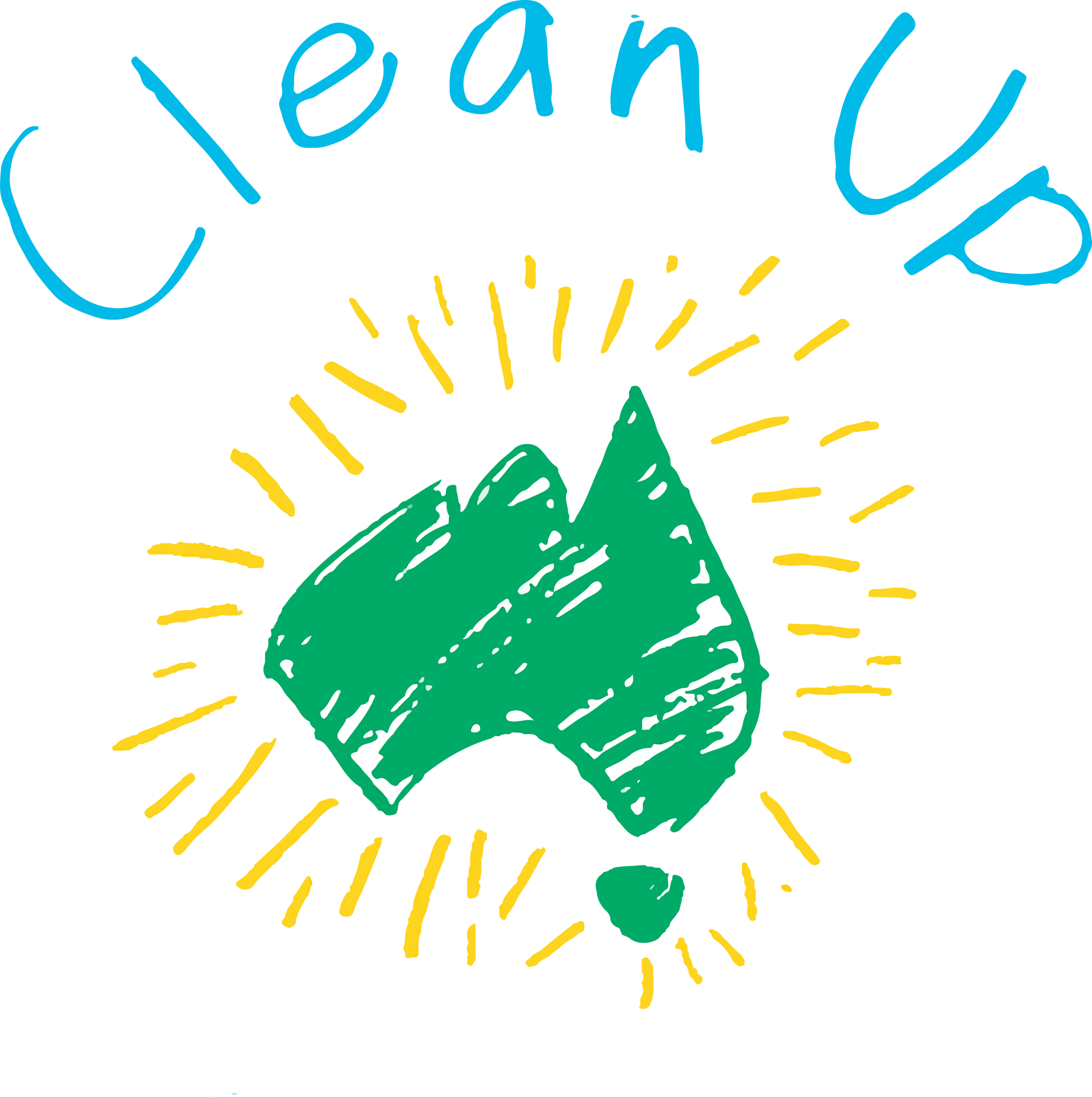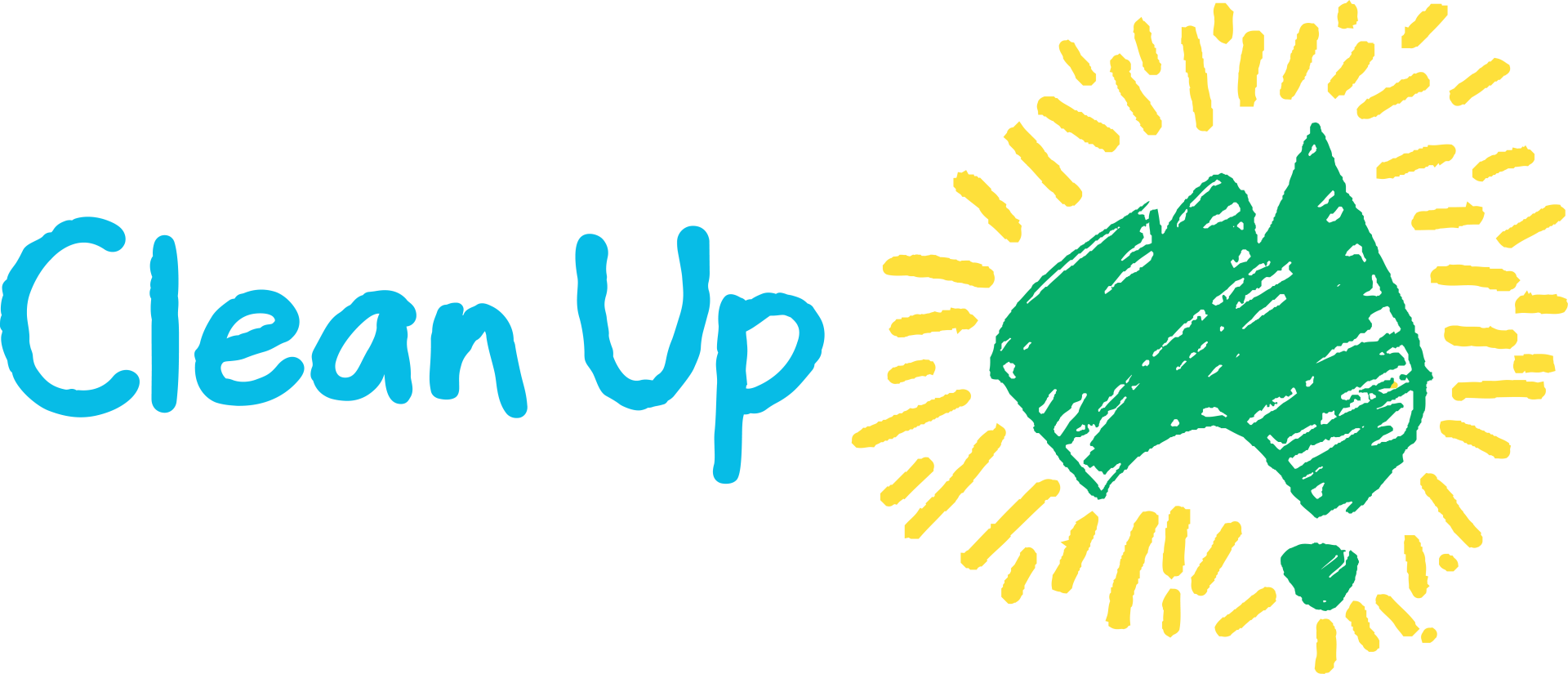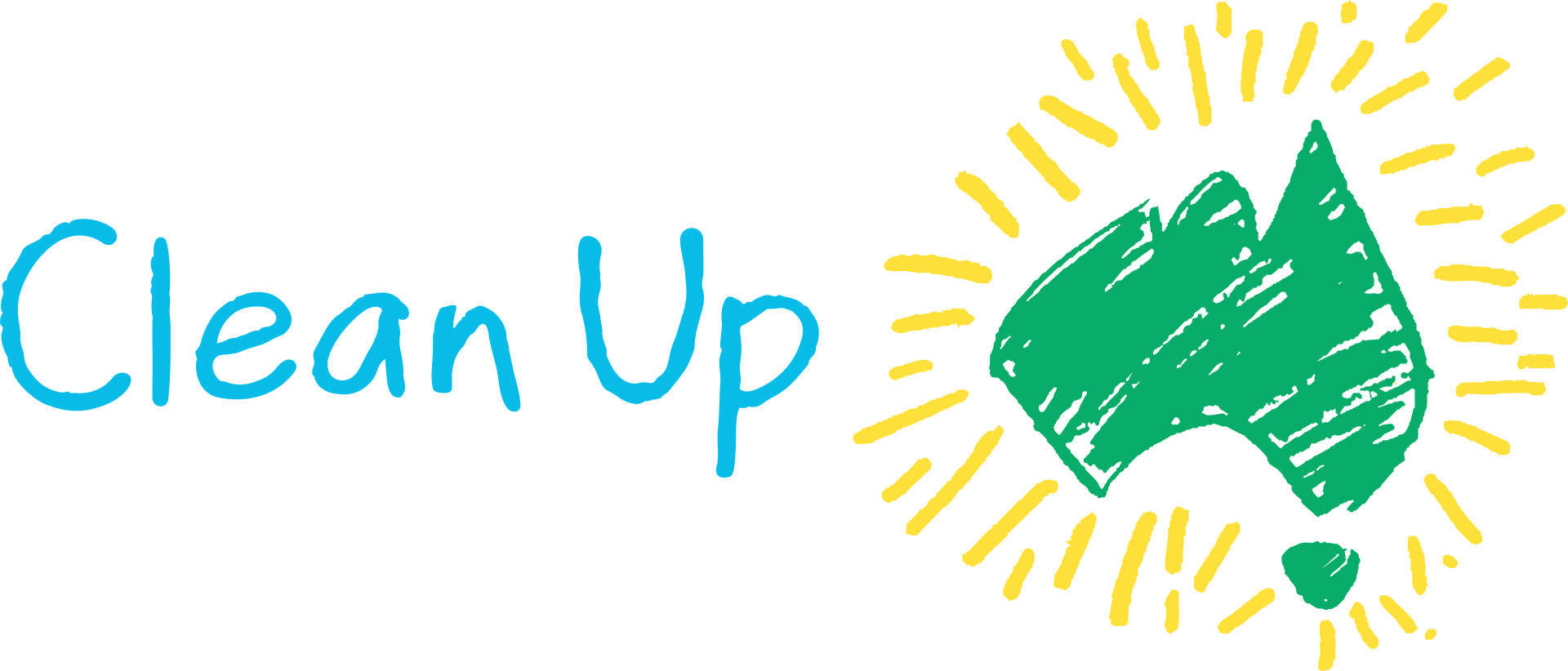Ten Simple Steps for Good
The world feels a little heavy at the moment but we can still make random acts of kindness for the planet and take simple steps to improve the environment. The important thing to remember is that you don’t have to go zero waste tomorrow and you don’t have to be perfect to be amazing!

Could you start by tackling one room in your house at a time? Begin in your bathroom by showering with soap instead of bodywash in a plastic container? Switch to a shampoo bar? Buy a bamboo toothbrush? What about your laundry - when replacing your pegs will you seek out stainless steel ones? Will you make sure your washing liquid comes in a container made from recycled plastic? Then your kitchen – could you get a composting unit for your benchtop? What about a wormfarm for the back garden? Dare you ditch the cling wrap for beeswax wraps and we know you could be keen to give your cans and containers a rinse before popping them into the recycling bin!
See how easy it is to Step Up? We can all take simple actions every day that reduce our waste contribution and improve our environmental footprint. Here's ten ways to get you started:
1. Learn to recycle like a boss
So many of us are wildly confused about what we should recycle. And to make matters worse, just because an item is recyclable somewhere does not mean it necessarily belongs in your kerbside bin. That’s because different councils have access to different recycling facilities, and each facility has unique equipment and capabilities and is able to process a different set of items.
2. Separate your soft plastics
In Australia, soft plastic packaging can’t be recycled through most kerbside recycling services. But if it scrunches, then it can be recycled through REDcycle which means it's kept out of landfill (not to mention our beaches, rivers and parks). But best of all? It all gets made into something useful! So your chip packets, ice-cream wrappers, bread, rice and pasta bags can all go to lead another life!
3. Get cash for your cans at a Container Refund Scheme
These schemes (also known as Return and Earn and Containers for Change) slash litter rates, reduce rubbish going to landfill or ending up in the environment, increase recycling rates, avoid using virgin material for new products, lower greenhouse gas emissions, reduce water usage, create jobs and generate cash in our hip pockets. Only Tasmania and Victoria are yet to set up these schemes, all other states & territories have them.
4. Remember your reusable coffee cup
It is estimated we use 1 billion disposable coffee cups every year. That's approximately 2,700,000 paper coffee cups thrown out every day! And although they look like they are made of paper, disposable coffee cups are usually lined with plastic - which unfortunately means they are not recyclable. Could you commit to only having a takeaway coffee if you remember your own cup?
5. Reduce food waste
Up to half of everything in people's household bins, is on average, food waste, and reducing food waste could save the average family up to $3,800 per year. Nearly 300kgs of food is wasted in Australia per person per year – and if food waste was a country, it would be the third biggest emitter of greenhouse gases after USA and China.
6. Buy products made from recycled plastic
As consumers, we need to switch our minds on to buying recycled content so we can successfully deal with our current waste problem. Buying recycled products and packaging enables valuable materials to cycle through the economy, preventing waste ending up in landfill and saving resources. To truly close the loop, we need to grow the demand for recycled materials. There are plenty of recycled-content products on the market, we just need to tune-in to the choices in front of us.
7.
Avoid
fast fashion
Every 10 minutes, Australians dump 15 tonnes of clothing and fabric waste. That adds up to 31 kilograms per person, every year. The average person buys 60% more clothing and keeps them for about half as long as 15 years ago and incredibly, we wear only 40% of the clothes we own. Of the clothes that go to charity, it is estimated that only 15% are resold within Australia, the rest are sent to landfill or overseas to developing nations.
8. Say bye to balloons
Balloons and other soft plastic waste in oceans are 32 times more likely to kill seabirds than hard plastic waste. A recent Australian study has shown that after 16 weeks in freshwater, saltwater and industrial compost conditions, latex balloons did not degrade, despite manufacturers assuring the public that balloons are ‘100% biodegradable’.
9. Keep an eye out for the Australasian Recycling Label
The state of Australia’s recycling labels is a veritable “dog’s breakfast” but the ARL provides clear and easy-to-understand instructions on how to correctly dispose of all parts of a product’s packaging. Cutting the confusion helps us do right by the environment. When we dispose of waste correctly, we divert it from landfill and increase the amount of recyclable materials being repurposed. Plus, less contamination in the recycling bin means cleaner recycling streams.
10. Recycle e-waste & batteries
Batteries are the most common form of household hazardous waste – they’re fire hazards and should never be put in your recycling or waste bin. Sending batteries to landfill is a huge waste of valuable resources. If recycled, 95% of the components of a battery can be turned into new batteries or used in other industries.
Millions of electronic devices like televisions, computers and mobile phones are discarded in Australia every year. In fact, e-waste is the fastest-growing component of the municipal solid waste stream. Discarded devices are piling up around the world at a rate of 40 million per year yet 98% of the components in your computer or television can be fully recycled.
Inspire your family and friends to Step Up by sharing your pledge
and tagging @CleanUpAustralia #StepUptoCleanUp
Search for other blog topics:




